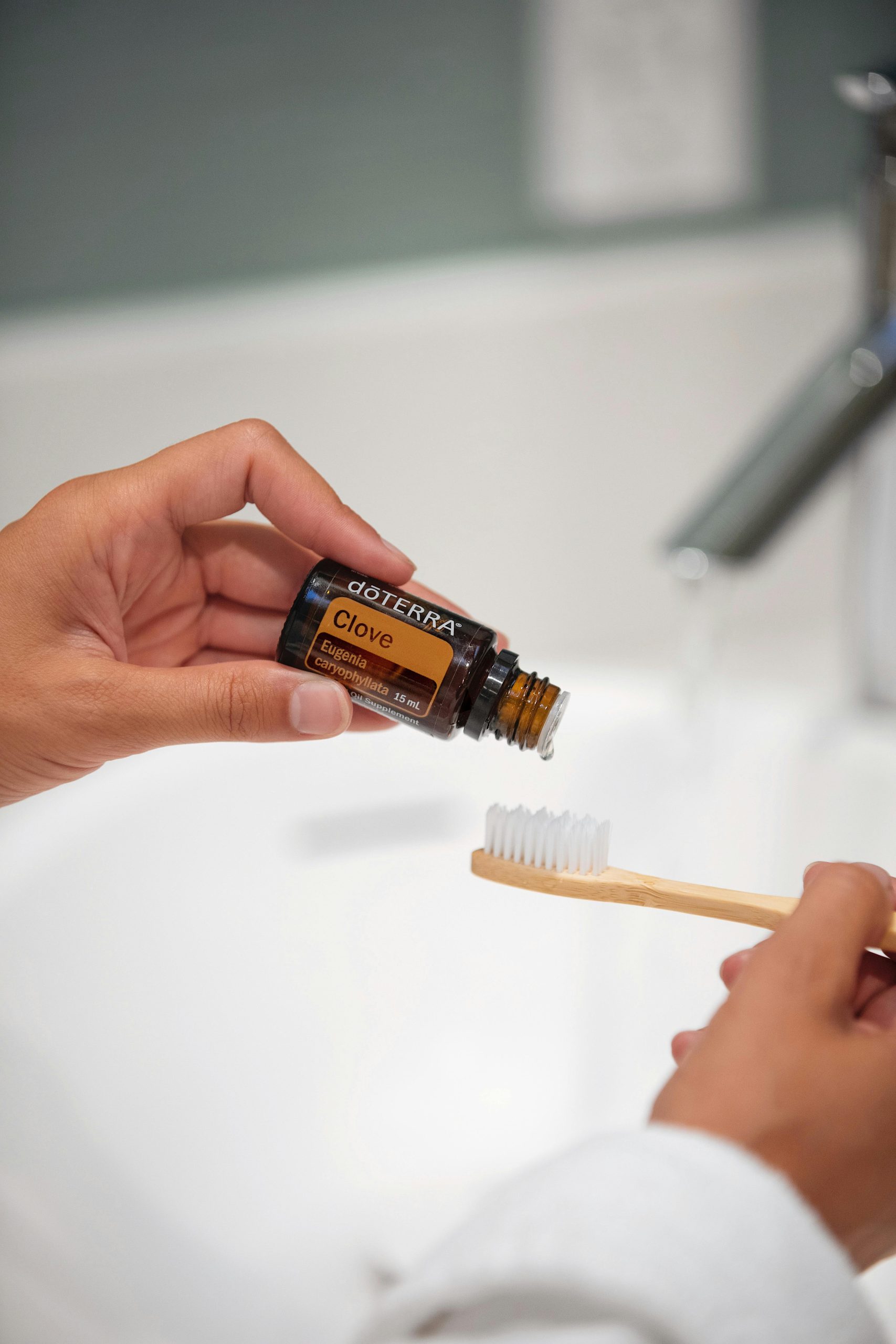Maintaining strong teeth and healthy gums goes beyond brushing and flossing—your diet plays a crucial role too. Vitamins are essential for oral health, supporting everything from enamel strength to gum tissue repair. If you’re looking to boost your dental wellness naturally, understanding which vitamins are most beneficial can make a big difference. In this guide, we’ll explore the top vitamins for teeth and gums and how to incorporate them into your daily routine.
1. Vitamin D: The Sunshine Vitamin for Strong Teeth
Vitamin D is one of the most important vitamins for oral health. It helps your body absorb calcium, a mineral critical for strong teeth and bones. Without enough vitamin D, your teeth may become weak or prone to decay.
Benefits of Vitamin D for Teeth and Gums
- Enhances calcium absorption – Supports enamel strength and prevents tooth decay.
- Reduces gum inflammation – Helps fight periodontal disease by modulating immune responses.
- Supports oral microbiome balance – May reduce harmful bacteria in the mouth.
Best Sources of Vitamin D
- Sunlight exposure (15-20 minutes daily)
- Fatty fish (salmon, mackerel, sardines)
- Egg yolks
- Fortified dairy and plant-based milks
2. Vitamin C: Essential for Gum Health
Vitamin C is a powerful antioxidant that plays a key role in collagen production, which is vital for healthy gums. A deficiency in this vitamin can lead to bleeding gums, gingivitis, and even tooth loss in severe cases.
Benefits of Vitamin C for Teeth and Gums
- Strengthens gum tissue – Supports collagen formation to prevent gum recession.
- Reduces inflammation – Helps combat periodontal disease.
- Boosts immune function – Protects against oral infections.
Best Sources of Vitamin C
- Citrus fruits (oranges, grapefruits)
- Bell peppers (especially red and yellow)
- Strawberries and kiwi
- Broccoli and Brussels sprouts
3. Calcium: The Building Block of Teeth
Calcium is the primary mineral found in teeth and bones, making it essential for maintaining strong enamel and preventing tooth decay. Without enough calcium, your teeth may become brittle and more susceptible to cavities.
Benefits of Calcium for Teeth and Gums
- Strengthens tooth enamel – Protects against erosion and decay.
- Supports jawbone density – Helps prevent tooth loss and gum disease.
- Neutralizes acids – Reduces harmful bacteria that cause cavities.
Best Sources of Calcium
- Dairy products (milk, cheese, yogurt)
- Leafy greens (kale, spinach, collard greens)
- Almonds and sesame seeds
- Fortified plant-based milks and tofu
4. Vitamin K2: The Missing Link for Dental Health
Often overlooked, vitamin K2 works synergistically with vitamin D to direct calcium to the right places—like your teeth and bones—instead of soft tissues where it doesn’t belong. This makes it a key player in preventing tooth decay and gum disease.
Benefits of Vitamin K2 for Teeth and Gums
- Guides calcium deposition – Ensures strong teeth and bones.
- Reduces risk of cavities – Supports enamel remineralization.
- Protects against gum disease – Helps maintain healthy gum tissue.
Best Sources of Vitamin K2
- Fermented foods (natto, sauerkraut)
- Grass-fed dairy and butter
- Egg yolks and liver
- Certain cheeses (Gouda, Brie)
5. B Vitamins: Vital for Oral Tissue Health
B vitamins, particularly B2 (riboflavin), B3 (niacin), and B12, are crucial for maintaining healthy oral tissues and preventing mouth sores, inflammation, and gum disease.
Benefits of B Vitamins for Teeth and Gums
- Prevents mouth ulcers and cracks – Supports tissue repair.
- Reduces gum inflammation – Helps with periodontal health.
- Supports nerve function – Important for tooth sensitivity.
Best Sources of B Vitamins
- Whole grains and legumes
- Lean meats and poultry
- Leafy greens and nuts
- Eggs and dairy products
Conclusion
A well-balanced diet rich in essential vitamins is key to maintaining strong teeth and healthy gums. Vitamin D, C, calcium, K2, and B vitamins each play unique roles in preventing decay, gum disease, and other oral health issues. By incorporating a variety of nutrient-dense foods into your meals—or considering supplements if needed—you can support your dental health naturally. Remember, while vitamins are powerful, they work best alongside good oral hygiene practices like brushing, flossing, and regular dental check-ups.
